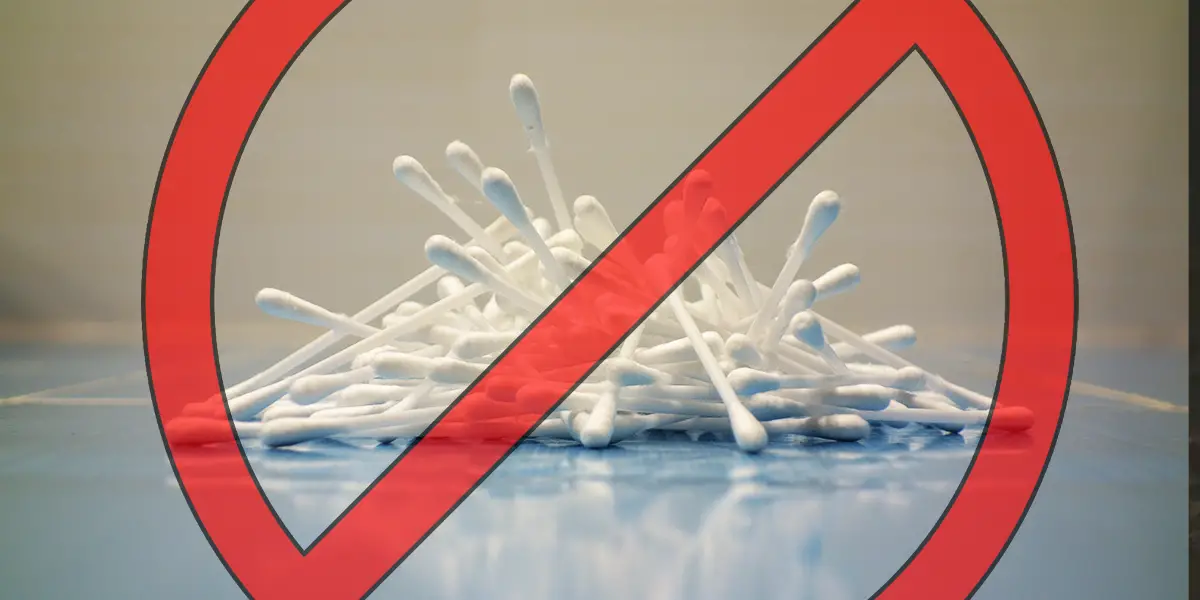Scotland Becomes First UK Country To Ban Plastic-Stemmed Cotton Swabs
Tags: News

By Mandy Froelich / Truth Theory
Scotland has made history by becoming the first country in the United Kingdom to officially ban the manufacture, supply, and sale of plastic-stemmed cotton. The development occurred following backlash about plastic waste buildup in beaches and oceans.
Speaking about the new legislation, Scottish environment secretary Roseanna Cunningham shared that she is “proud the Scottish government has become the first U.K. administration to ban plastic-stemmed cotton buds. Single-use plastic products are not only wasteful but generate unnecessary litter that blights our beautiful beaches and green spaces while threatening our wildlife on land and at sea.”
According to the Marine Conservation Society, plastic-stemmed cotton swabs (also referred to as ‘Q-Tips’) are pervasively littering coastal regions and harming marine ecology. In fact, they are often found in the intestines of seabird, mammal, fish, and turtle populations. In the U.K. alone, the consumption of plastic-stemmed cotton buds is estimated to be in excess of 1.8 billion. Considering humans are responsible for creating 8.3 billion metric tons of plastics since the early 1950s, according to the journal Science Advances, the situation can only be considered dire.
Plastic’s durability wreaks environmental havoc. Furthermore, modern recycling systems are not able to keep up with plastic pollution. Because of this, the Ellen MacArthur Foundation, in partnership with the World Economic Forum, estimates that by 2050, there will be more plastic in the ocean than fish – that is, if plastic production rates continue.
By banning single-use plastic-stemmed cotton swabs, environmentalists and legislators hope to promote more useful regulation to protect the ecosystem, as well as affect consumer behaviors so the public is better-informed about environmentally-friendly plastics.
Over 5000 people have downloaded our free ebook “Growth Hacking Tips And Rituals For Optimal Living” CLICK HERE to get your free copy now
According to Emma Burlow, the head of Circular Economy at Resource Futures, the ban is not only positive for the environment but for both the economy and job creation. “Banning a product stimulates innovation and that leads to opportunity,” she said.
By 2020, the UK aims to ban single-use plastic drink straws and single-use plastic stirrers.
IMAGE CREDIT: Pawel Chrzaszcz
Leave Comment: